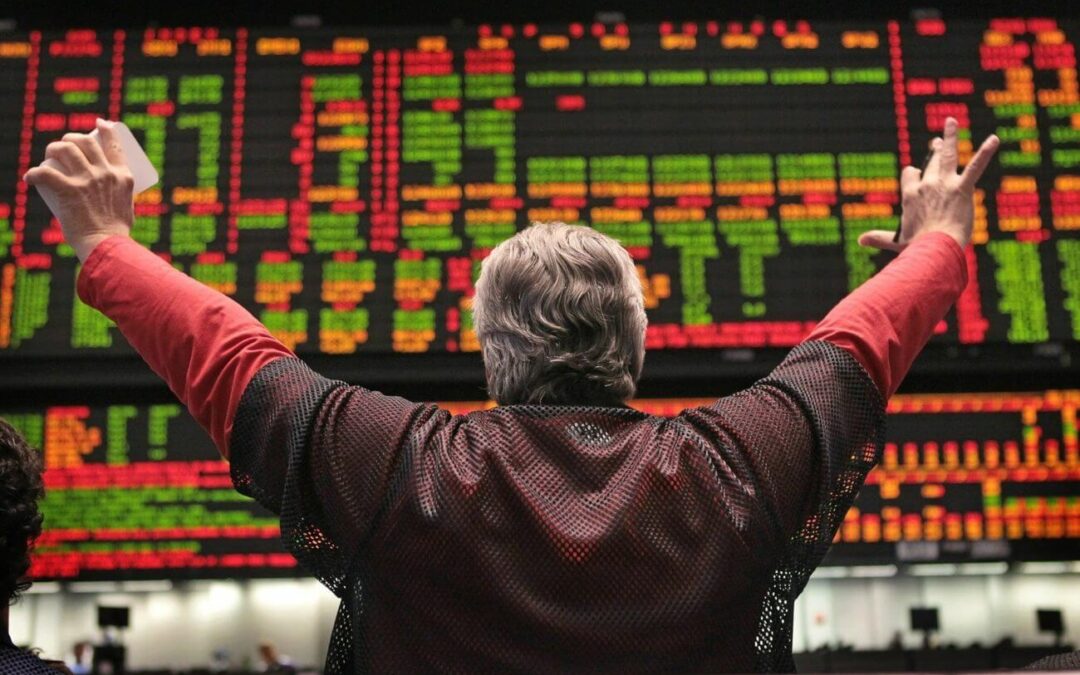What Pandemic?
While global economies, most businesses, and entire industries are reeling from the multiple blows delivered by the Covid-19 pandemic, the U.S stock market continues roaring to new heights.The S&P 500, the bellwether index that measures the performance of 500 companies listed on U.S exchanges, continues to shatter records. Consider this:
- The S&P 500 hit a new record of 3,508 on Friday
- The index has seen its best August returns in 36 years
- The index is up for five straight months and has hit a record 7 times
- The index is up nearly 60% from its March Covid-19 induced low, and is up nearly 9% on the year
- The tech-heavy Nasdaq index of stocks is up more than 36% on the year
One prominent analyst even suggests that the S&P could hit 3,900 soon, another new record.
So, what gives?
In a sense, the Federal Reserve gives.
Naeem Aslam, a contributor at Forbes, has a good take on why the Federal Reserve should be our first destination in analyzing today’s U.S market.
The answer has been out front all along—the Fed is supporting this stock market rally. If anyone forgot the famous saying, “Do not fight the Fed,” then yesterday was another clear reminder.
The Fed has changed its monetary policy framework, and now it is going to target an average of 2% inflation instead of a peak of 2%. This means that interest rates will stay lower for longer and that the Fed is comfortable in allowing the economy to run a little hotter—meaning both inflation and employment could overshoot their targets.
The Fed has been considering altering its monetary policy for a while, but the coronavirus pandemic triggered this initiative.
In many ways, we are witnessing a new Federal Reserve, one that ha taken on a much more active role in the U.S economy, and not just monetary policy. Axios had a good piece a couple of weeks ago on where the Fed is going. “The Federal Reserve is undergoing an overhaul. Conceived to keep inflation in check and oversee the country’s money supply, the central bank is now essentially directing the economy and moving away from worries about rising prices,” the piece notes.
Axios went on to write that ‘the move to act less quickly and forcefully to tamp down on inflation has been in the works for years, but some economists fear that the Fed is moving too far from its original mandate.” For a look at what this all means, take a look at the Axios piece here and we will continue to watch this space because of its enormous implications for not only the U.S, but the global economy.


